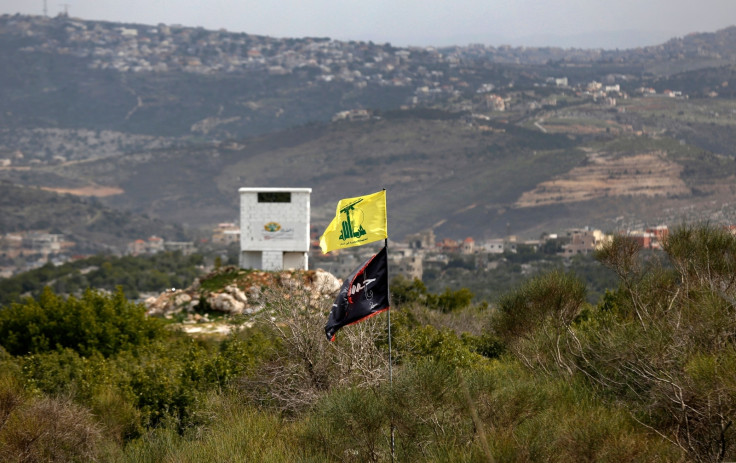Will Israel launch an all-out offensive against Iran as Netanyahu threatens?
War of words between Iran and Israel escalates at Munich security conference.

Israeli Prime Minister Benjamin Netanyahu has said that his country would not hesitate to launch an attack on Iran and not just stop with its offensive against Tehran's allies. Addressing the Munich security conference on Sunday (18 February), he said he was seeking wider global support to heap pressure on Tehran.
Holding a fragment of what he claimed was a part of an Iranian drone which was brought down earlier by Israeli forces, Netanyahu said he would not allow Tehran "to put a noose of terror around our neck".
"We will act if necessary, not just against Iran's proxies but against Iran itself," Netanyahu said.
His threat comes in the wake of Israel stepping up its offensive against Iranian and Assad's positions in Syria, compounded by an escalating war of words. Tensions between Iran and Israel have increased due to the military campaign, the most serious confrontation between the two countries in recent years. Israel has long been accusing Iran of using Syrian territories as launchpads for attacks and transfer of weapons to the Shia extremist group Hezbollah.
Netanyahu's warning was followed by threats by Adel al-Jubeir, foreign minister of Saudi Arabia, the regional Sunni powerhouse which is confronting Shia-oriented Iran on multiple fronts.
Shortly after Netanyahu called Iran "the greatest threat to the world", Jubeir sought a "fundamental change" in the regime. "We didn't attack Iran. Iran is the one that is attacking us. Iran has started to undermine Lebanon, Syria, Iraq, Bahrain, Yemen, Pakistan, Afghanistan, including countries in Africa," the Saudi minister told the conference.
Iran hit back at Israel and Saudi Arabia calling them "US client states". Iran's Foreign Minister Mohammad Javad Zarif described Netanyahu's threat as "cartoonish".
"The US and its local clients in our region are suffering from the consequences of their own wrong choices. But they use this and other fora to revive the hysteria on Iran's foreign policy and try to obscure its realities," the Iranian minister told the Munich summit, an annual conference attended by security experts and diplomats from Europe, the US and other parts of the globe.






















